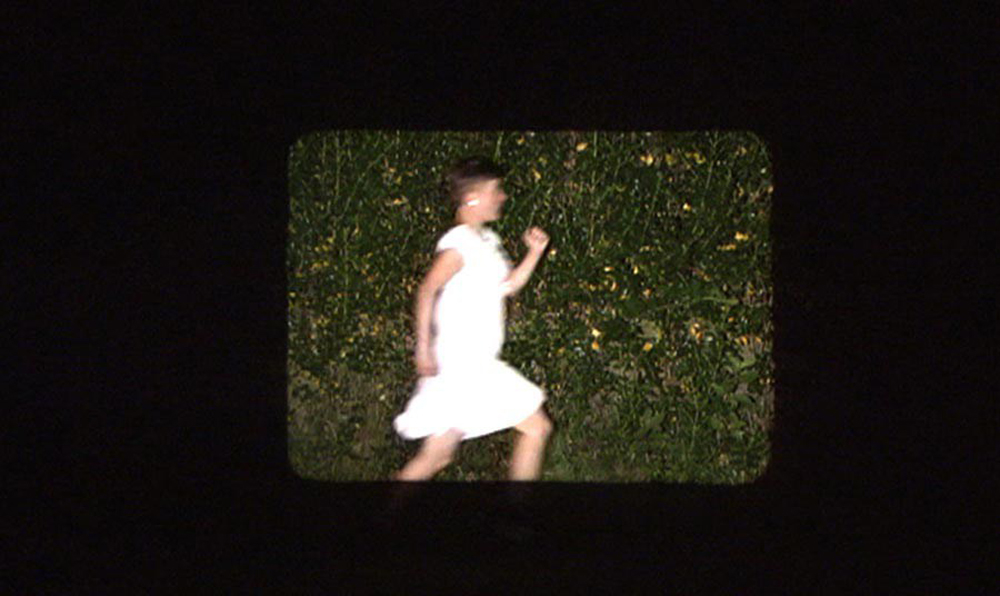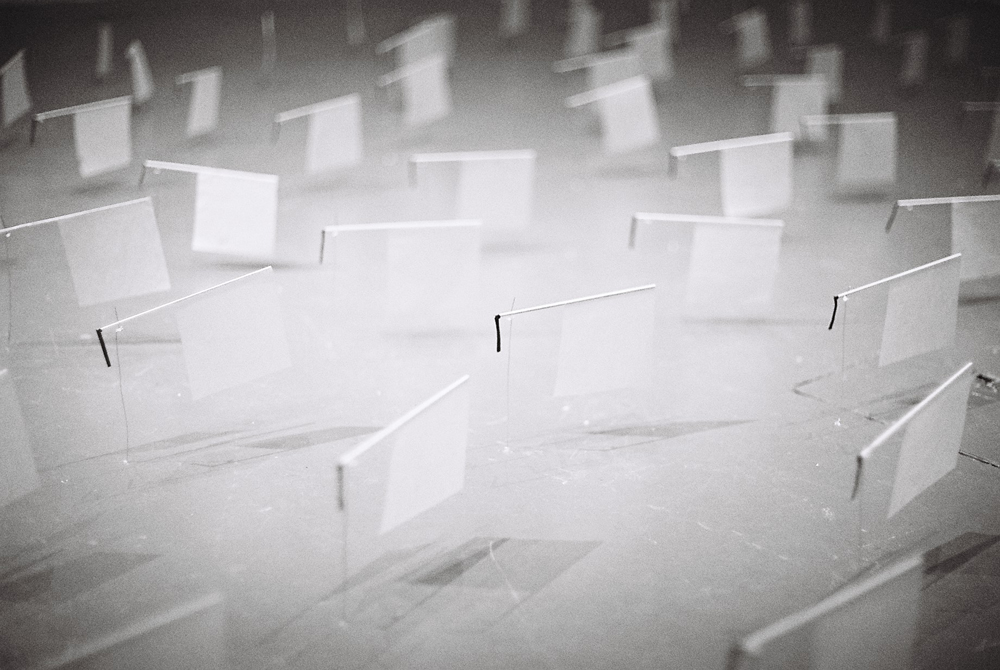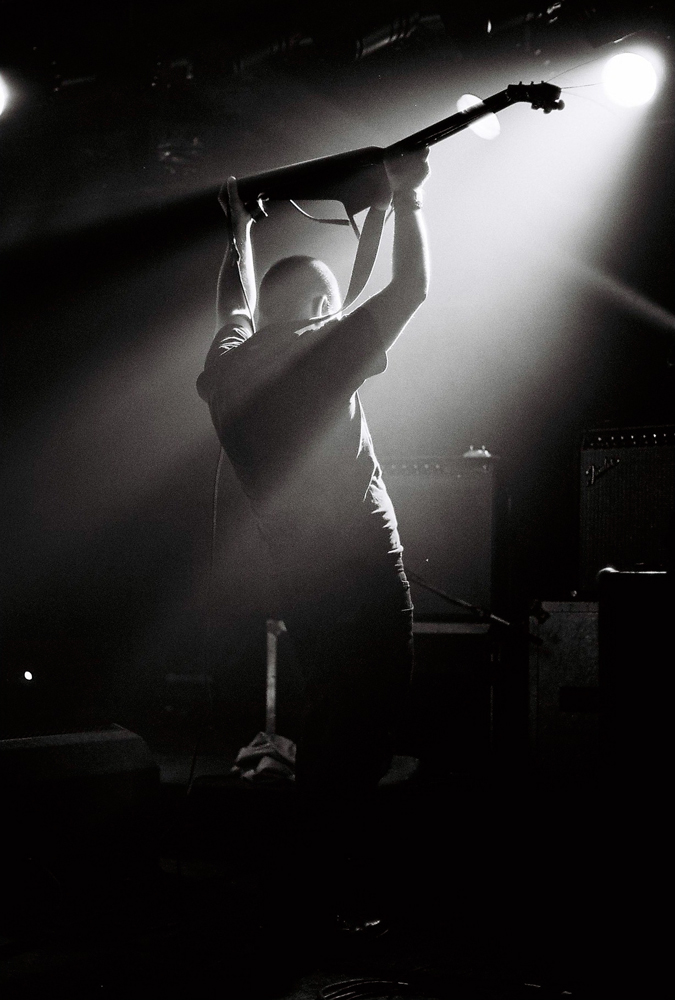
Film Programme 2: Repetitive Actions
Emma Hart Guy Sherwin Morgan Fisher Various Artists
Setting up a minimal procedure to explore the interaction between a person and the (documentary) film/ video process. What initially seems simple ends up contrarily distanced and intimate, public and private.













